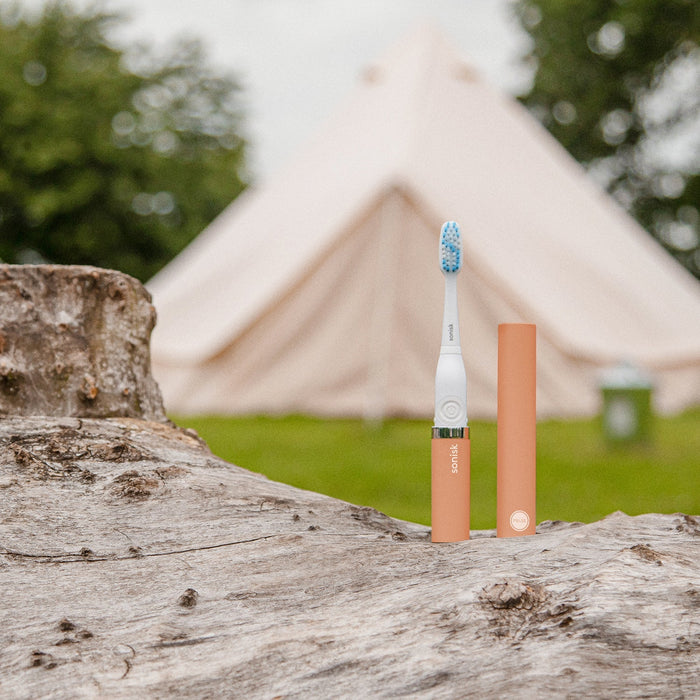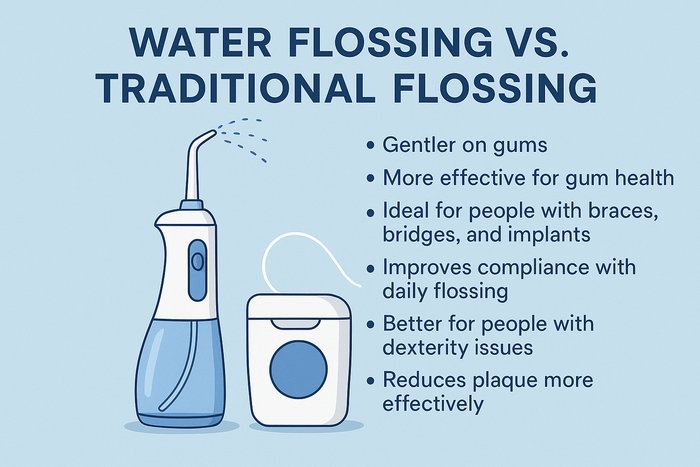What Customers Really Think: Results from Our Sonisk Oral Care Feedback Survey

At Sonisk, customer voices guide everything we do—from innovation to day-to-day improvements. That’s why we recently asked you, our valued users, for honest feedback on our full oral care range. The response was overwhelming—and overwhelmingly positive! Here’s what we discovered about how our toothpaste, mouthwash, breath spray, and toothpaste tablets are making a difference in your daily routines.
1. Sonisk Toothpaste: Whiter, Fresher, Healthier Smiles
Whitening Power:
-
94% of users saw an improvement in tooth whiteness, with 74.5% saying the toothpaste significantly whitens over time.
Tartar and Plaque Control:
-
94% saw a reduction in tartar, most noticing a significant effect.
-
92% reported less plaque buildup, with over three-quarters experiencing a significant improvement.
Long-Lasting Freshness:
-
An impressive 87.5% said the toothpaste significantly freshens breath.
-
81% enjoy fresh breath for over 8 hours!
Sensitivity Relief:
-
96% found the toothpaste helps with teeth sensitivity—an outstanding result for those with delicate teeth.
2. Sonisk Mouthwash: More Than Just Fresh Breath
Whitening and Cleaning:
-
86% of respondents saw a significant or slight whitening effect.
-
87% noticed a reduction in tartar, with nearly 70% seeing a significant effect.
-
84% said it helps reduce plaque buildup.
Freshness That Lasts:
-
96% felt their breath was freshened, and 78% enjoyed this freshness for more than 8 hours.
3. Sonisk Breath Spray: Confidence in Every Spritz
Instant Freshness:
-
86% of users reported a significant or slight freshening of breath, with nearly 80% experiencing long-lasting effects.
Tartar and Plaque Benefits:
-
86% saw a reduction in tartar, and 86% also noticed less plaque buildup.
All-Day Confidence:
-
Over 77% of users enjoyed breath freshness for more than 8 hours.
4. Toothpaste Tablets: A Sustainable, Effective Choice
Whitening Results:
-
83% saw at least some whitening effect, with 61% experiencing significant results.
Cleaner Teeth:
-
Over 83% reported less tartar, and 79% saw fresher breath after use.
Long-Lasting Freshness:
-
76% felt their breath stayed fresh for 8+ hours.
Key Takeaways
What You Love
-
Long-lasting freshness is a highlight across every product.
-
Effective whitening and cleaning powers are consistently praised.
-
Sensitivity relief and gentle formulas set Sonisk apart, especially for those with delicate teeth or gums.
-
Portable options like toothpaste tablets and breath sprays offer on-the-go convenience without compromise.
What We’re Working On
-
Some users expressed uncertainty in whitening with newer products like the tablets. Education and clearer usage tips may help.
-
We’re listening for more ways to improve our range, including more sustainable options and expanding flavor choices.
Thank You For Your Feedback
Your insights power the evolution of Sonisk. Every response shapes our future products and ensures we continue to deliver oral care solutions that truly work for you.
Have more to say? We’re always listening—share your thoughts any time!
Stay tuned for more updates and innovations from Sonisk, inspired by your feedback.



